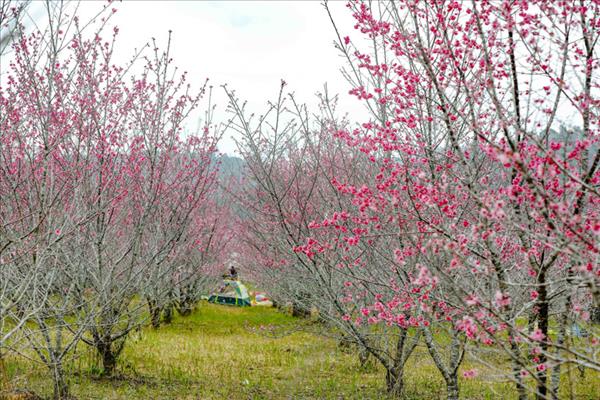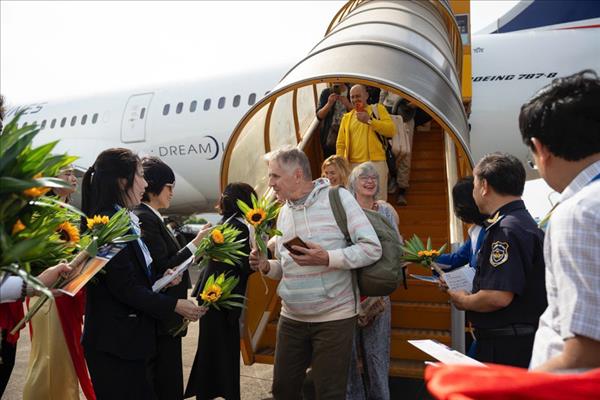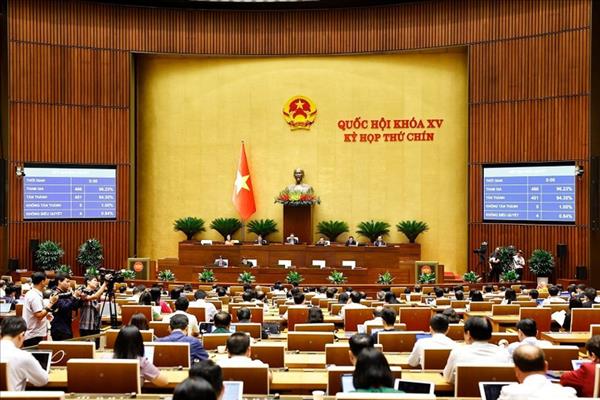Filip Kusmierski, an expert on climate change policy of the Polish Ministry of Environment, said to deal with climate change, the key solution is to reduce greenhouse gas emissions into the environment through projects on researching, developing and promoting the use of clean energy like solar, wind and geothermal energy.
At the conference, Poland introduced a project on improving governments’ and relevant sides’ capacity of collecting, managing, analyzing and using data of the energy sector to serve the making of decisions and the building of action plans on green growth in developing cities.
Another solution to curb greenhouse gas emissions is to boost the sustainable use and resilience of agricultural land resources, according to Diji Chandrasekharan Behr, a senior natural resource economist at the World Bank Group.
She said recent studies found that agricultural land degradation has become increasingly popular in many ASEM economies, including Vietnam where more than 50 percent of the natural land area nationwide faces the risk of erosion, threatening ecological balance and economic development.
The economist highlighted the necessity to use advanced technologies to survey the degradation situation and assess climate change impacts on agricultural land and land use changes so as to build solutions to effectively and sustainably use agricultural land resources in each region.
Meanwhile, Robbert Moree, a strategic advisor at the Dutch Ministry of Infrastructure and Water Management, presented an effective solution to respond to the sea level rise which is “Building with Nature” that makes use of natural sand to reinforce beaches.
He said the Netherlands will share solutions to the sea level rise with cities in deltas around the world, including the Mekong Delta city of Can Tho.
Elaine Joyce Borejon, from the Climate Change Commission of the Philippines, said the Philippines is also one of the countries particularly vulnerable to climate change impacts, especially the sea level rise.
The Philippines has built climate change and sea level rise scenarios which serve as a basis for ministries, sectors and localities to take actions, she said, adding that the country has also made climate risk assessments for each region to devise suitable response plans.
Countries should combine climate change response in their development policies, she added.
Vietnam is assessed as one of the countries hardest hit by climate change. In particular, the Mekong Delta region is one of the three deltas in the world most vulnerable to sea level rise, together with the Nile River Delta in Egypt and the Ganges River Delta in Bangladesh.
The ASEM Conference on Climate Action to Achieving the Sustainable Development Goals - Ways Forward is one of the most important inter-regional events on climate change and the only one of ASEM 2018 hosted by Vietnam. It is an initiative of Vietnam which was approved at the 13th ASEM Ministerial Meeting last November in Myanmar and won support and sponsorship from many countries.
VNA/VNP

















